
This logo isn't an ad or affiliate link. It's an organization that shares in our mission, and empowered the authors to share their insights in Byte form.
Rumie vets Bytes for compliance with our
Standards.
The organization is responsible for the completeness and reliability of the content.
Learn more
about how Rumie works with partners.
Career Options for Behavioral Psychologists
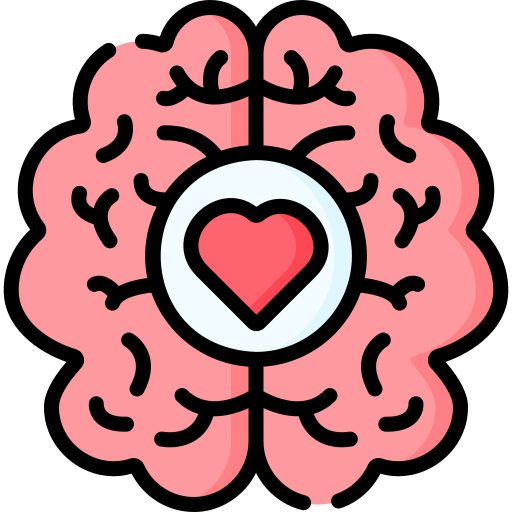
Clinical psychologist: Help people with mental health concerns like anxiety or depression.
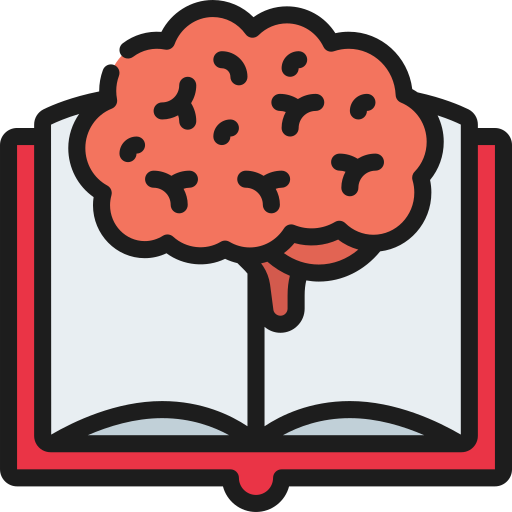
School psychologist: Work in schools to help students with learning or emotional challenges.
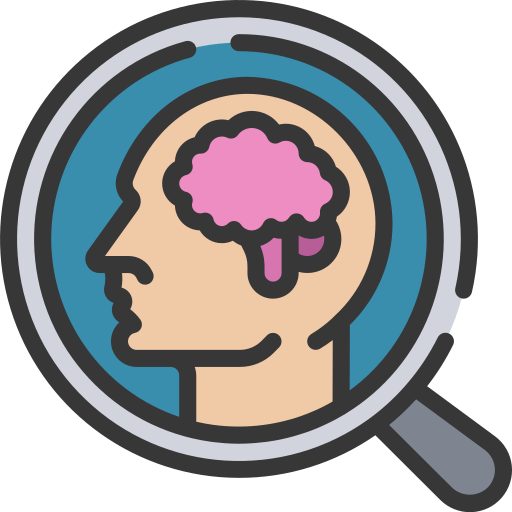
Forensic psychologist: Study criminal behavior and help police understand why crimes happen.
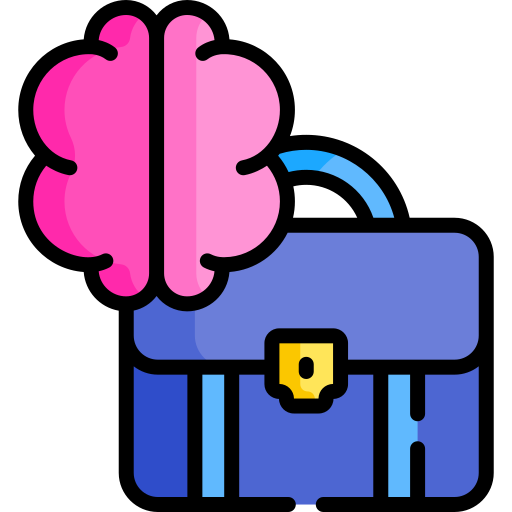
Industrial-organizational psychologist: Help companies create a better work environment for employees.

Behavioral therapist: Work with kids and adults to help them develop better social and emotional skills.
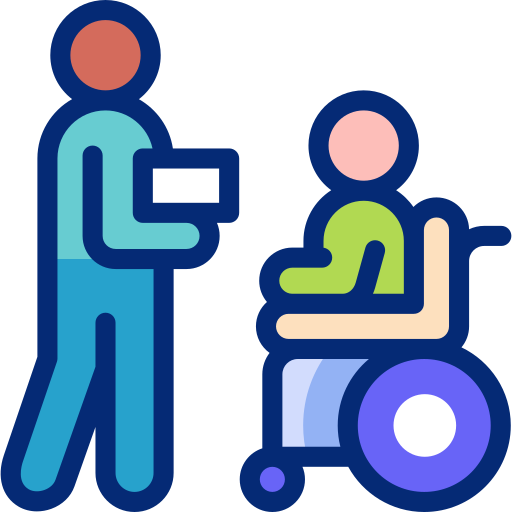
Rehabilitation psychologist: Help people recover from physical or mental challenges.
Pop Quiz: School Psychologist
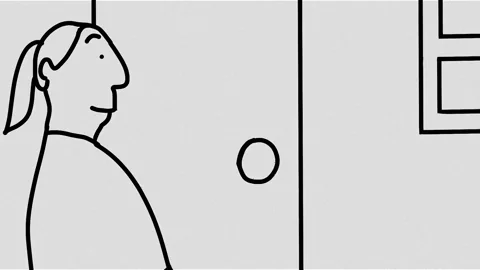
Look at the following job duties:
A. Helping students with academic and emotional struggles
B. Administering IQ and personality tests to children
C. Supervising extracurricular activities for students
D. Developing fitness programs for students
Quiz
If someone wants to work as a school psychologist, which of the above tasks are likely part of their job? Select all that apply:
School psychologists help students with both their emotions and schoolwork. Testing for IQ and personality is part of the job. Supervising after-school activities is usually done by teachers or coaches. Fitness programs are handled by physical education teachers, not school psychologists.
Top Skills for Behavioral Psychologists
To be a great behavioral psychologist, you should be good at:
Good communication: Trust is built through listening and open conversation.
Empathy & kindness: Caring makes people feel safe and supported, especially in tough situations like addiction.
Attention to detail: Spotting patterns helps find the best way to help.
Problem-solving: Identifying the cause and finding solutions helps people improve.
Patience: Change takes time. A calm, steady presence helps clients open up.
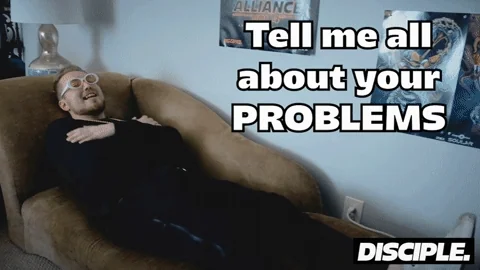
What Educational Qualifications Are Needed?

Becoming a behavioral psychologist takes time, but it's worth it if you're passionate about helping people:
Clinical psychologist: A Ph.D. or Psy.D. in psychology (8-12 years), including coursework, research, and supervised clinical training.
School psychologist: A master’s or specialist degree (2-3 years) plus supervised experience.
Forensic psychologist: A Ph.D. or Psy.D. (8-12 years), with specialized criminal behavior training.
Industrial-organizational psychologist: A Ph.D. (8-12 years) with research and applied training.
Behavioral therapist: A master’s degree (2-3 years) plus clinical training.
Rehabilitation psychologist: A Ph.D. or Psy.D. (8-12 years) with rehabilitation training.
Not Sure about Getting a Ph.D. or a Master’s?
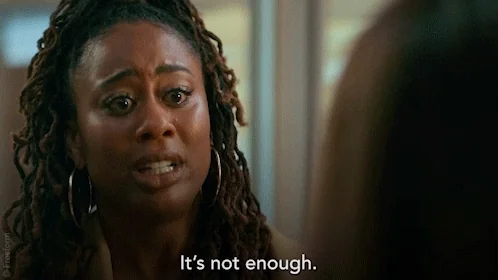
Human resources specialist: Use your knowledge of behavior to help with training and improve workplace culture.
Data scientist: Analyze data to help companies make better decisions.
User experience (UX) researcher: Study how people use products to improve design and usability.
Marketing researcher: Use your understanding of consumer behavior to help businesses market better.
Social worker: Provide support, counseling, and resources to help people improve their well-being.
Psychology teacher: Teach psychology to students and inspire the next generation.
Take Action
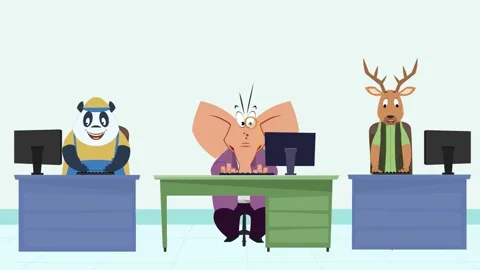 Now that you’ve explored the various career paths for behavioral psychologists, it’s time to take the next step in your journey.
Now that you’ve explored the various career paths for behavioral psychologists, it’s time to take the next step in your journey.
This Byte has been authored by
Carmen Lam
Secondary School Music Teacher | Digital Designer
BA, PGDE
